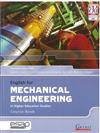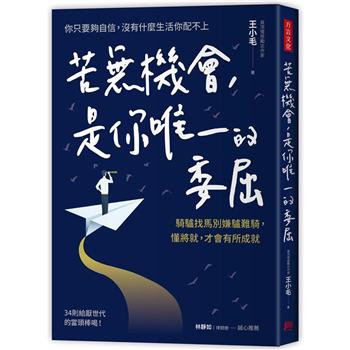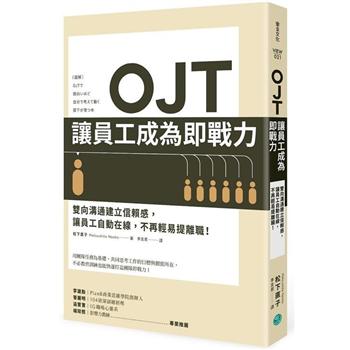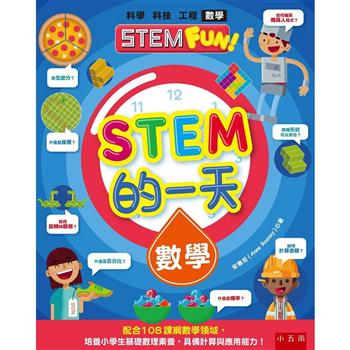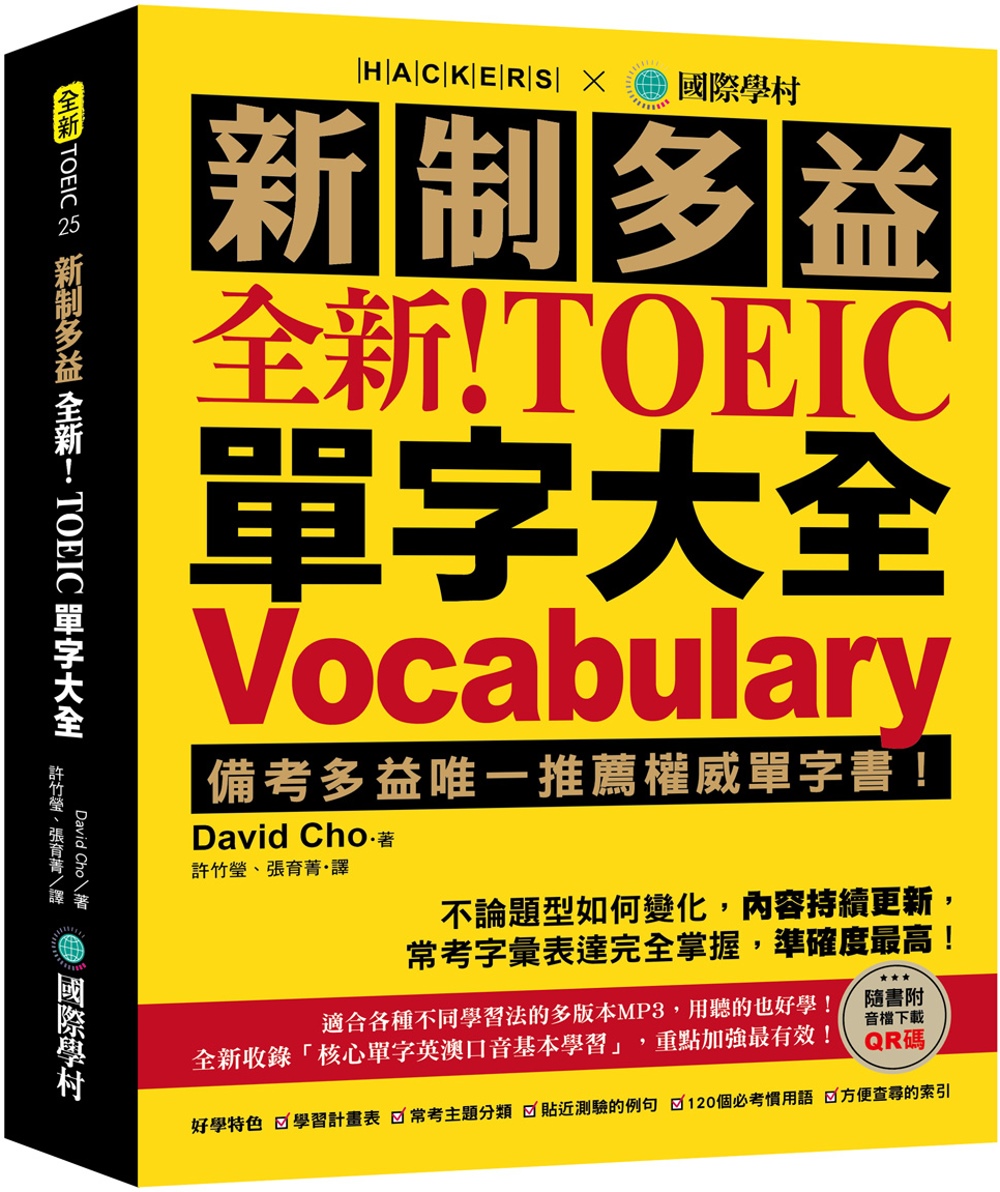English for Mechanical Engineering in Higher Education Studies The Garnet Education English for Specific Academic Purposes series won the Duke of Edinburgh English Speaking Union English Language Book Award in 2009. English for Mechanical Engineering is a skills-based course designed specifically for students of mechanical engineering who are about to enter English-medium tertiary level studies. It provides carefully graded practice and progressions in the key academic skills that all students need, such as listening to lectures and speaking in seminars. It also equips students with the specialist mechanical engineering language they need to participate successfully within a mechanical engineering faculty. Extensive listening exercises come from mechanical engineering lectures, and all reading texts are taken from the same field of study. There is also a focus throughout on the key mechanical engineering vocabulary that students will need. - Listening: how to understand and take effective notes on extended lectures, including how to follow the argument and identify the speaker's point of view. - Speaking: how to participate effectively in a variety of realistic situations, from seminars to presentations, including how to develop an argument and use stance markers. - Reading: how to understand a wide range of texts, from academic textbooks to Internet articles, including how to analyze complex sentences and identify such things as the writer's stance. - Writing: how to produce coherent and well-structured assignments, including such skills as paraphrasing and the use of the appropriate academic phrases. - Vocabulary: a wide range of activities to develop students' knowledge and use of key vocabulary, both in the field of mechanical engineering and of academic study in general. - Vocabulary and Skills banks: a reference source to provide students with revision of the key words and phrases and skills presented in each unit. - Full transcripts of all listening exercises. The Garnet English for Specific Academic Purposes series covers a range of academic subjects. All titles present the same skills and vocabulary points. Teachers can therefore deal with a range of ESAP courses at the same time, knowing that each subject title will focus on the same key skills and follow the same structure. Key Features - Systematic approach to developing academic skills through relevant content. - Focus on receptive skills (reading and listening) to activate productive skills (writing and speaking) in subject area. - Eight-page units combine language and academic skills teaching. - Vocabulary and academic skills bank in each unit for reference and revision. - Audio CDs for further self-study or homework. - Ideal coursework for EAP teachers.
作者簡介
After qualifying as an aeronautical engineer, Marian Dunn gravitated into teaching technical English in the 60s. From there she spent 30 years teaching ESP in the business world in many countries developing a very focused view of objectives, before joining the Sultan Qaboos University in Oman. There, she has empathized with the false beginners at tertiary level, battling to highlight their distinct problems. Latterly, she has specialized in on-line courses. About to retire from the classroom, she may well continue developing on-line skills. David Howey is completing his PhD in mechanical engineering, studying convective heat transfer in motors and generators. His background is in renewable energy and he is passionate about energy and engineering. He has written multiple peer-reviewed papers and co-authored the script for the IET Faraday lecture in 2006, a science outreach and education project reaching over 20,000 young people. Amanda Ilic has co-authored English for Mechanical Engineering, one of the course books in the English for Specific Academic Purposes series. She has also contributed as writer and editor to other projects. Amanda has taught EFL and English for Academic Purposes for over twenty years in the UK and abroad, including Turkey, South Korea, the UAE, and Romania. She has an MA in ELT and Applied Linguistics from the University of East Anglia, and an MA in Literature from Essex University, as well as postgraduate teaching qualifications in English and EFL. Amanda has taught in several UK universities, most recently at Loughborough University where she was instrumental in developing the academic content of their pre-sessional courses for BALEAP accreditation. She now works mostly freelance. She has many interests in EAP, including teacher education, course design, assessment principles and practice, education technology, and teaching reading. Nicholas Regan is an ELT writer and teacher trainer. Since 2002, he has worked as an independent consultant for teacher development in the primary and secondary sectors, covering teaching in under-resourced and crowded classrooms, and working with Ministries of Education, Universities and schools in China, Africa, the Middle East, Latin America and the EU. He has also been involved in the evaluation of state provision of English teaching. For several years he taught English at secondary school level in Latin America. In 2008, he co-authored the Garnet Education ESP course Take-Off, and has also contributed to the UAE English Skills series and the English for Libya series. He has also written materials for ELT training at Diploma level. His other work includes examining and assessment design for ESOL teaching qualifications; pre- and in-service training; and supervision of dissertations for MA TESOL students at the University of Birmingham. He holds the Trinity College London LTCL DipTESOL and an MA in Applied Linguistics from the University of Reading, UK.
